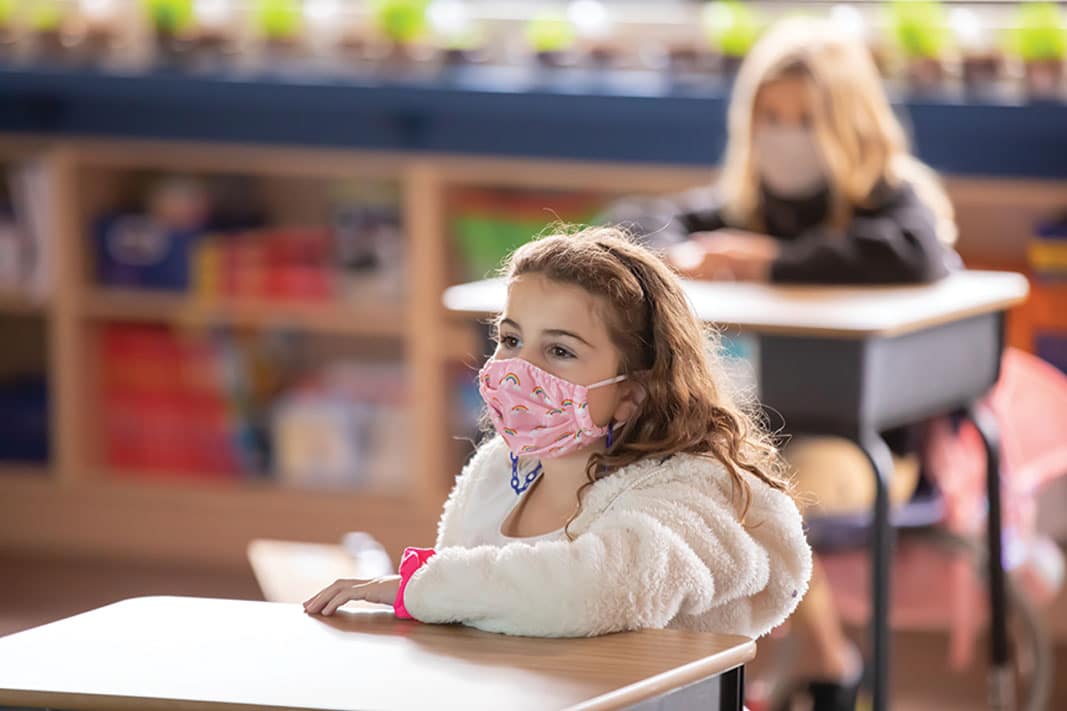
Hoping to prevent any outbreaks of COVID-19 while keeping students and staff on campus this year, Jewish schools around Los Angeles are being vigilant about health and safety protocols.
The heads of school at three Los Angeles Jewish schools, Milken Community School, Kadima Day School and Heschel Day School, all emphasized the importance of in-person learning.
“Our school is built on connections: connection to our curriculum, students’ connections to their teachers and students’ connections to one another,” said Larry Kligman, head of school at Abraham Joshua Heschel Day School in Northridge. “The best way we can foster connection is being together.”
Heschel had been partially open since October of 2020, though cohorts were a lot smaller – there were 12 or fewer students in each one. This year, the number of students in a cohort is not as restrictive. The staff must be vaccinated, and the school is discussing whether or not eligible students will need to get vaccinated, too.
Over at Milken Community School in Bel-Air, which is for students in grades six through 12, all students who are 12+ and faculty and staff must be vaccinated.
“We have always taken the lead from our local experts, along with our own COVID-19 task force, and this year is no different,” said Head of School Dr. Sarah Shulkind.
Just like Milken and Heschel, Kadima Day School, located in West Hills, is requiring students to wear masks. Kadima, which was the first school in Los Angeles County to be granted a waiver for in-person learning last year, is requiring vaccinations for teachers and strongly encouraging them for students who are qualified. According to Head of School Dr. Steven Lorch, they are also maintaining a 6-foot physical distancing in classrooms and holding as many events as possible on Zoom and outdoors.
“In our experience, for 95% of students, they learn better in person, even in masks, than they learned in little ‘Hollywood Squares’ squares,” said Lorch. “There are lots of mental health considerations having to do with kids being isolated and not being able to interact with friends.”
Even though guidelines are strict to get students and teachers back into the classroom, all three heads of school reported that enrollment is up.
Even though guidelines are strict to get students and teachers back into the classroom, all three heads of school reported that enrollment is up. Part of the reason why, Lorch said, is because parents don’t want to risk public schools closing down, but the main factor is the community connection.
“They say, ‘I want my child to be well-educated but also have a connection to their Judaism,’” he said. “It’s important to them, and they want it to be just as important to their children.”
The demand at Milken is so high that Shulkind said they were still enrolling students right as the school year was starting. “Some of our grades are completely full, but we are working hard to get the right fit families into Milken. We anticipated that we might see a drop off in enrollment given that LAUSD returning to full-time in-person teaching and learning, but families have been reaching out to us nonetheless.”
Each of the schools is hosting programs this year to excite students and bring families together. Milken is launching a Finance and Entrepreneurship and Milken Storytellers program, Kadima is holding special outdoors events for Sukkot and tashlich, and Heschel is planning Shabbat hikes and encouraging families to have Sukkot meals together, even if it’s over Zoom.
Since COVID news seems to be fluctuating from day to day, Kligman acknowledged that some policies could change.
“We understand the situation is fluid and we are prepared to pivot as needed,” he said.
However, even if his school’s policies have to change, Kligman said he knows it’ll be for a good cause.
“Everything we do and all the decisions we make are to ensure the best health and safety for our community. This is not just for the students, but for the staff as well.”
Kylie Ora Lobell is a writer for the Jewish Journal of Los Angeles, The Forward, Tablet Magazine, Aish, and Chabad.org and the author of the first children’s book for the children of Jewish converts, “Jewish Just Like You.”








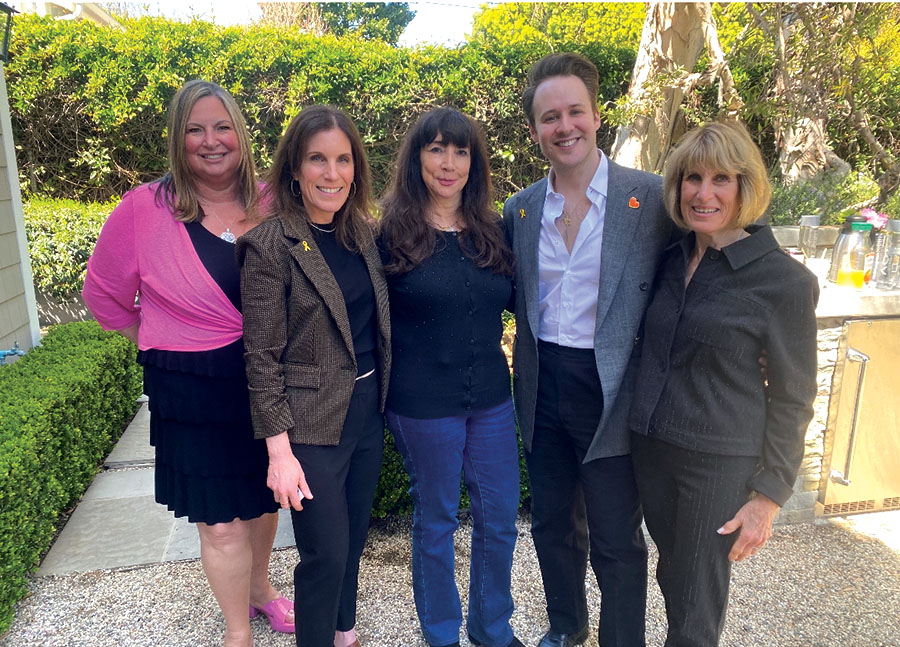
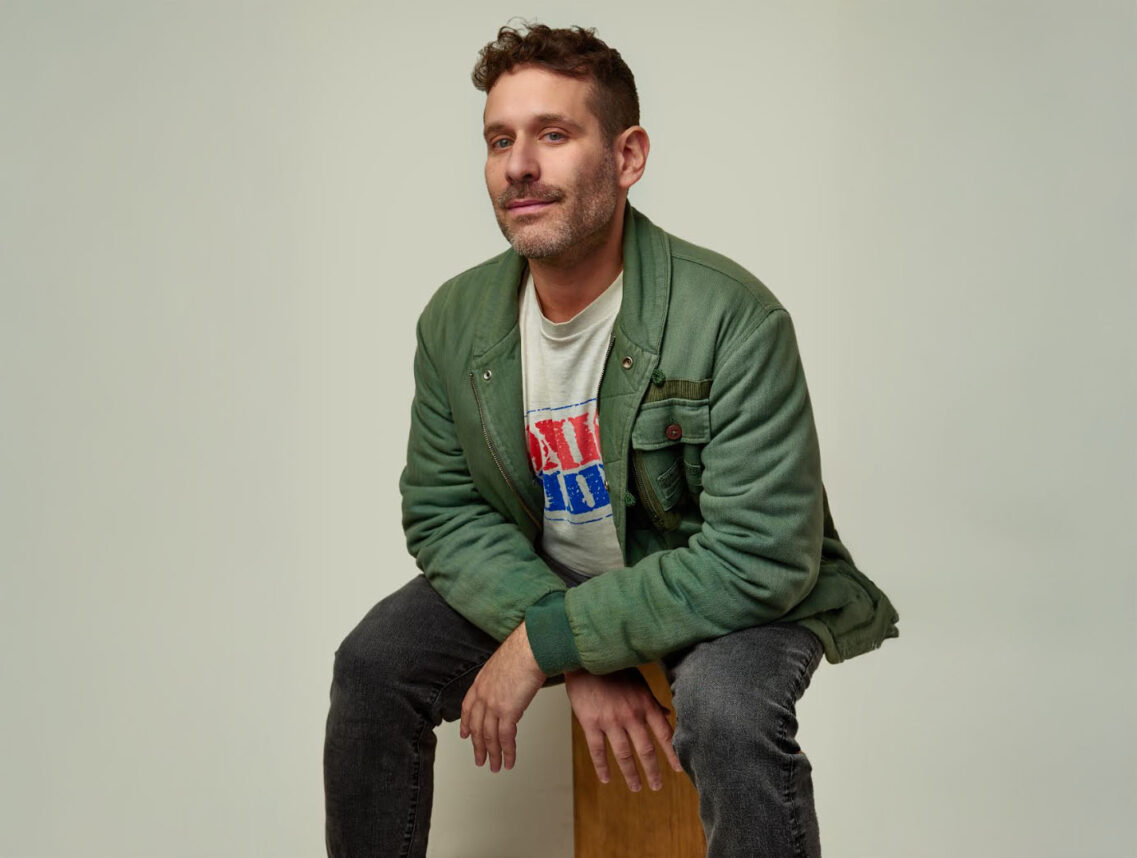
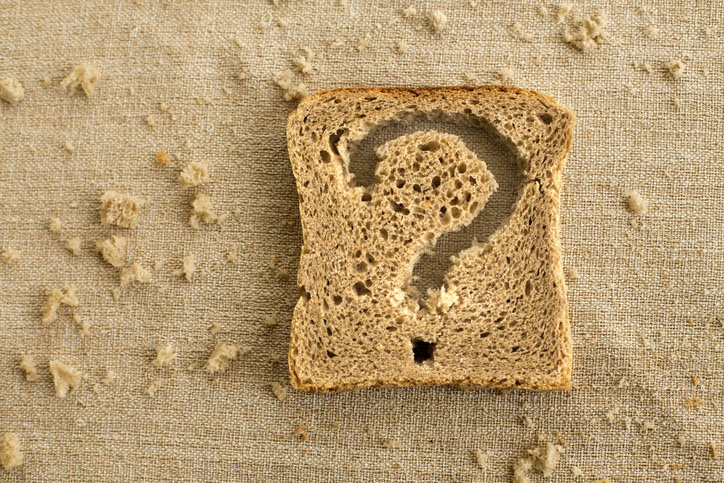
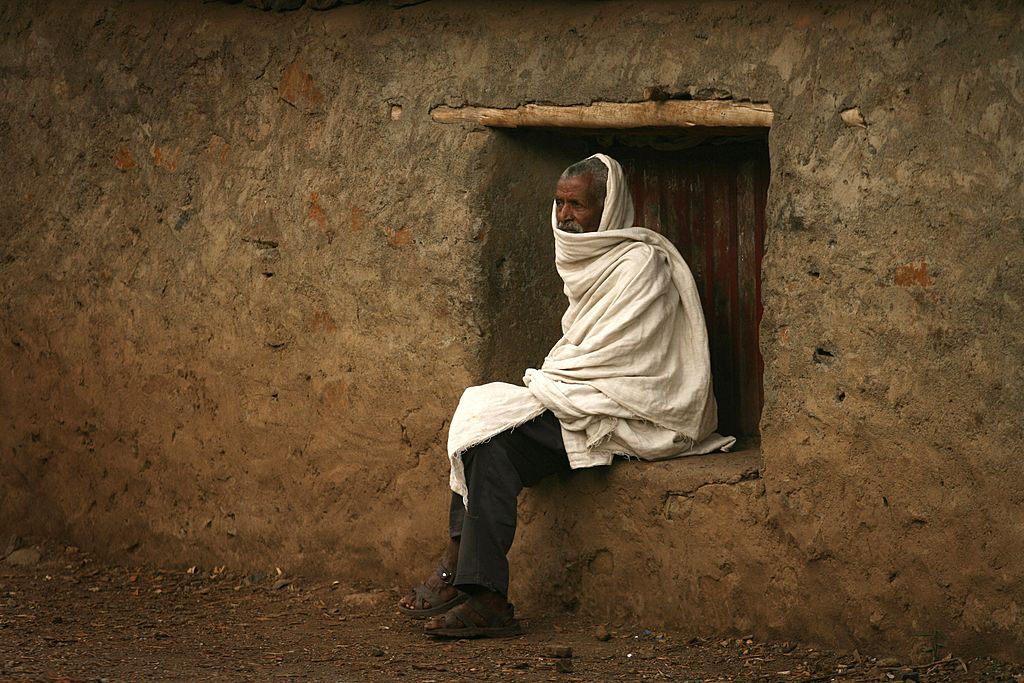
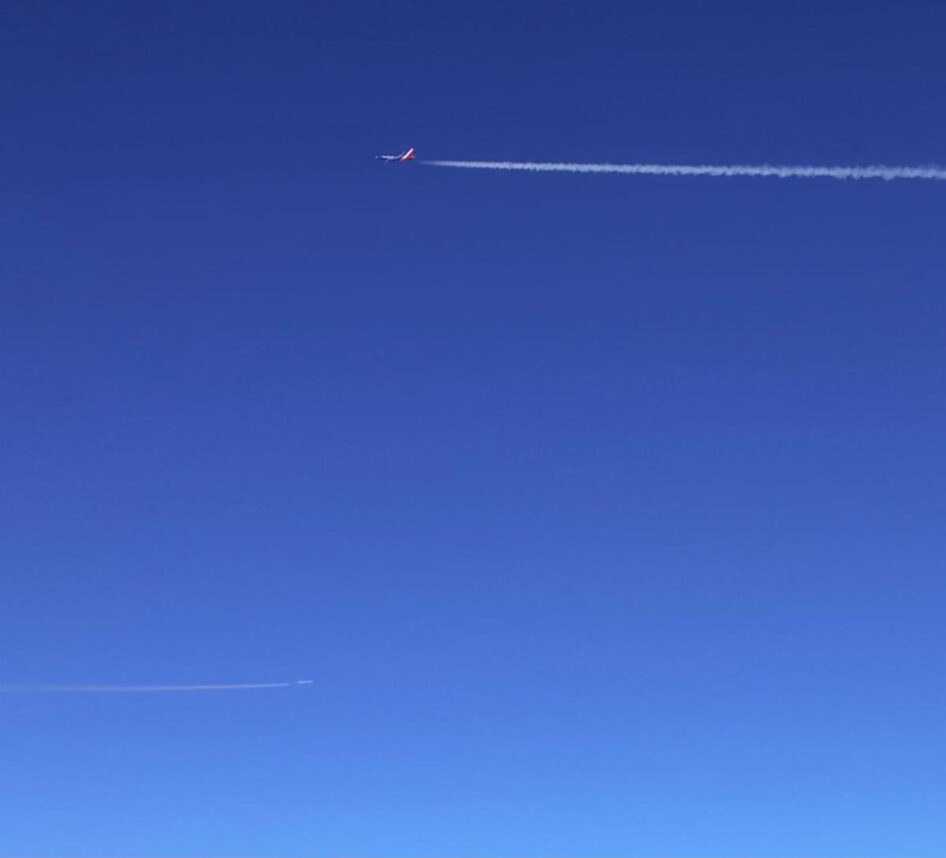
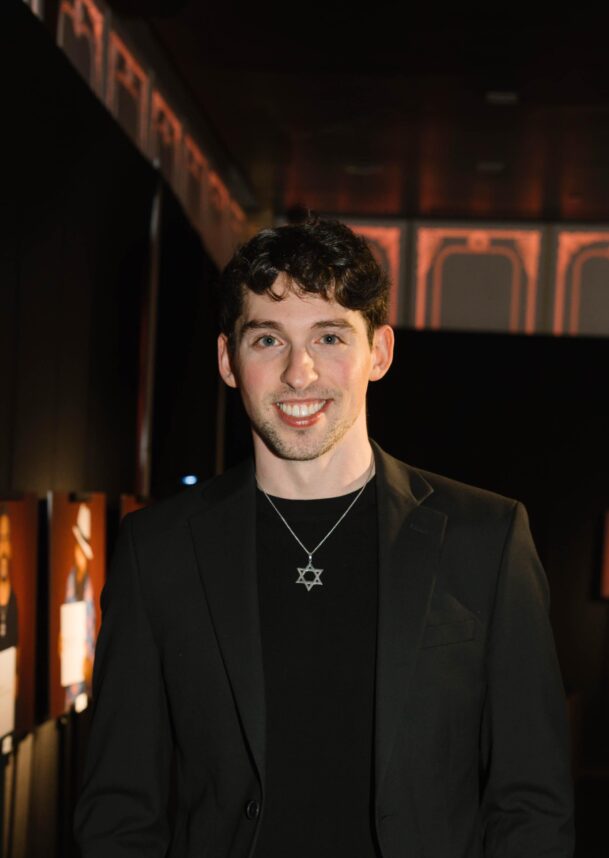
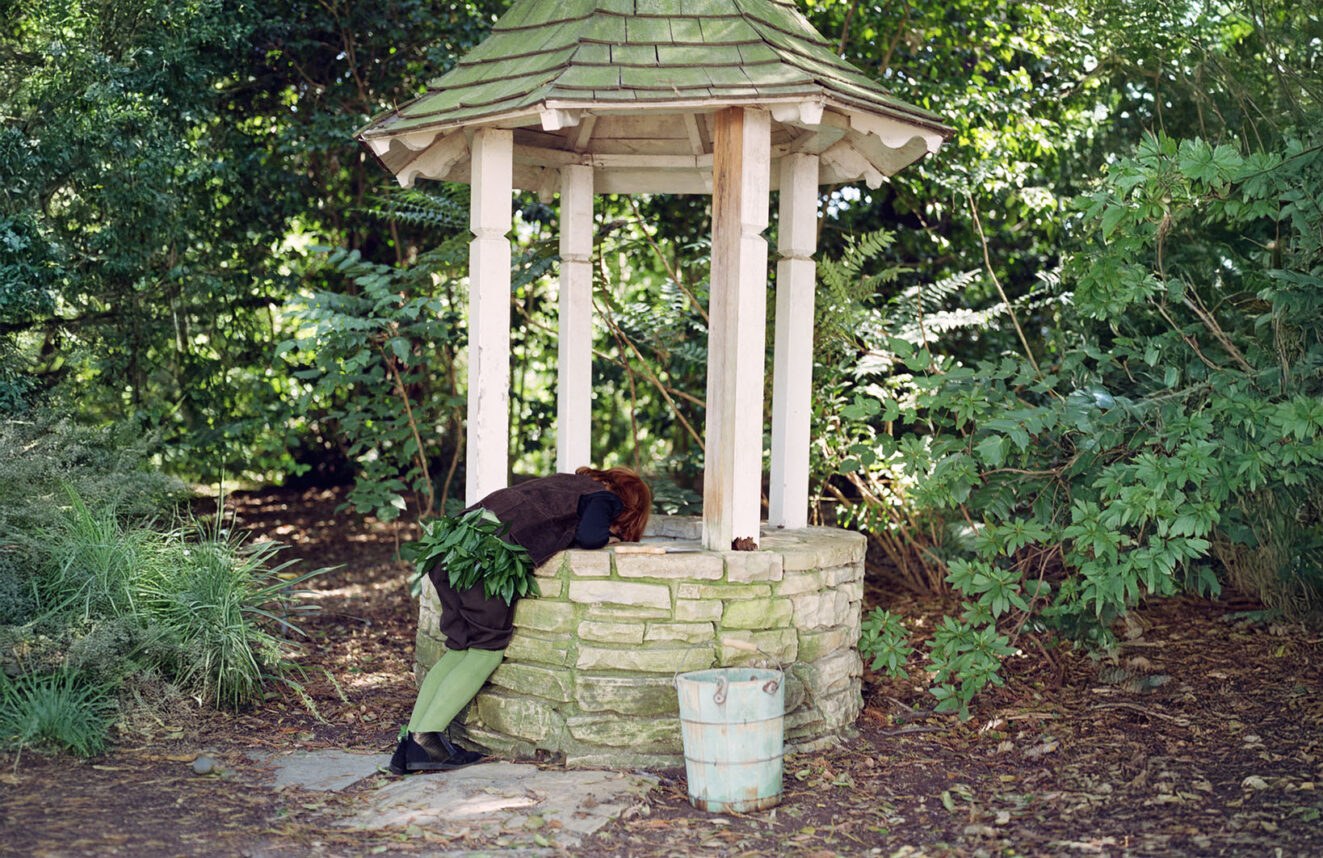




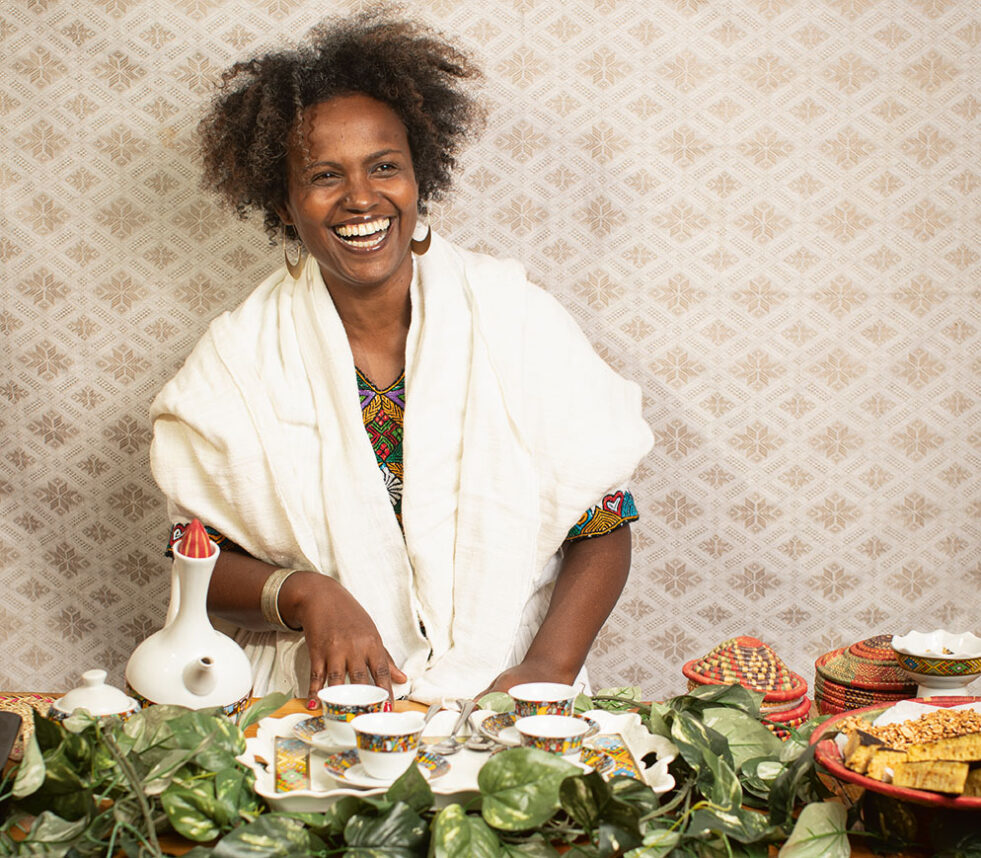


 More news and opinions than at a Shabbat dinner, right in your inbox.
More news and opinions than at a Shabbat dinner, right in your inbox.